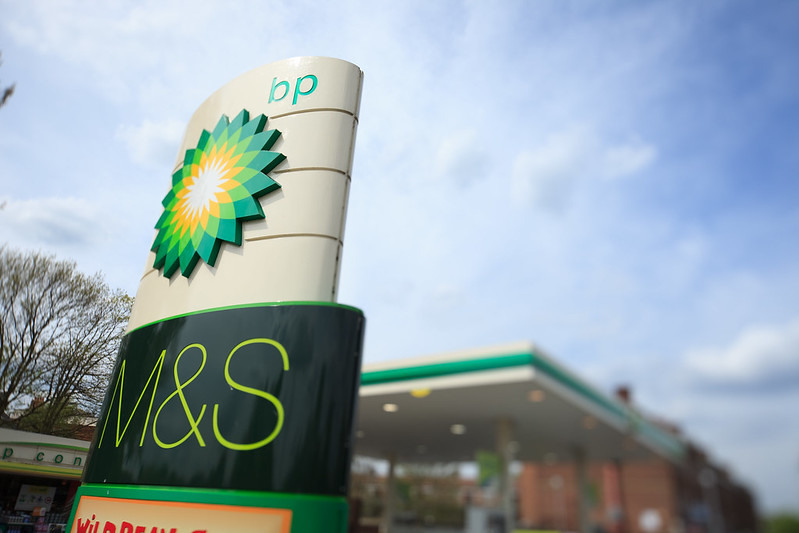bp has recorded £7.1 billion ($8.2 billion) in Q3 profit as the oil and gas giant (O&G)benefits from elevated energy prices amid the ongoing European crisis.
Although its profits were lower than in Q2, when it posted £7.3 billion ($8.45 billion) profit, it is significantly higher than the company’s Q1 profits, when it recorded £5.3 billion ($6.2 billion), and more than double the £3.32 billion it recorded during the same period last year, before the crisis began in earnest.
Compared to the second quarter, the results have been impacted by weaker refining margins, an average oil trading result and lower liquids realisations, partly offset by an exceptional gas marketing and trading result and higher gas realisations.
Overall, the company’s profits over the course of nine months in 2022, sat at £11.28 billion ($13 billion).
“This quarter’s results reflect us continuing to perform while transforming. We remain focused on helping to solve the energy trilemma – secure, affordable and lower carbon energy,” said Bernard Looney, CEO of bp.
“We are providing the oil and gas the world needs today – while at the same time – investing to accelerate the energy transition. Our agreement on Archaea Energy is the most recent step in our strategic transformation of bp.”
bp’s Q3 profits will add to calls for a greater tax on O&G companies’ profits given the bumper year such companies are enjoying. bp has had to pay only a minimal amount of windfall tax in comparison to its profits, with this currently standing at just £693 million ($800 million).
Announced by Rishi Sunak in his role as chancellor in May, the 25% levy was designed to raise funds to support the Energy Bills Support Scheme, which has provided £400 to households to mitigate surging power prices.
Similarly, Shell recently posted its Q3 financial results with profits amounting to £8.2 billion ($9.5 billion) in Q3 2022 – more than double what the O&G major made in the same period during 2021 ($4.2 billion). Shell had to pay no windfall tax on these profits.
bp has also indicated that in Q3 it generated surplus cash flow of £3 billion ($3.5 billion) and intends to execute a £2.7 billion ($2.5 billion) share buyback prior to announcing its Q4 results.
This will bring the total announced share buybacks from 2022 surplus cash flow to £7.3 billion ($8.5 billion), equivalent to 60% of 2022 surplus cash flow year to date.
Throughout the end of 2021 and 2022, wholesale power prices have continued to grow significantly, mainly due to record high gas prices that are crippling small energy suppliers and consumers.
This has been compounded by the energy cap jumping 54% in April. The government then stepped in to limit its rise to £2,500 for the average household in October via the Energy Price Guarantee.
These increases are expected to push millions into fuel poverty, with the April rise alone expected to have pushed 6.3 million households into fuel stress.
bp has been upping its activity in clean mobility solutions in an attempt to support decarbonisation in the transportation sector. In the firm’s Q3 results, it confirmed its commitment to developing a national network of EV charging solutions in North America.
Earlier this year, bp stated, via bp pulse, that it plans to invest £1 billion in EV charging in the UK over the next ten years. This will allow bp pulse to deliver more rapid and ultra-fast chargers in key locations, expand fleet products and services and launch new home charge digital products and services to enhance consumer experience.
This will see bp pulse triple the number of public chargepoints it operates in the UK, with the company to accelerate the rollout of 300kW and 150kW chargepoints. It will also see bp pulse upgrade its current EV charging technology across its public charging network to improve reliability.






